Every night and every day
The awfulisers work away,
Awfulising public places. Michael Leunig
The awfulisers work away,
Awfulising public places. Michael Leunig
Billboards in Canberra
Have you noticed how outdoor advertising is intruding into Canberra's public space?
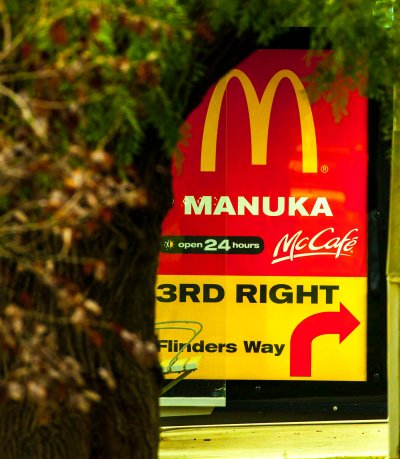 |
It's been surreptitious -- some regulations have been relaxed and there is laxity in enforcing regulation.
Mostly these billboards are just plain ugly.
Sometimes, particularly in commercial areas, they are confusing, as each business, in competition with others, enters into an arms race. The only winners are the signwriters.
But most importantly they represent an invasion of public space. The message is clear:
| "You thought this was public space, but we're taking it over. You come to this street, park or mall not as a citizen enjoying what you own collectively -- your public space -- but as a customer, a potential source of profit. We're taking over this space." |
For many years the absence of outdoor advertising was one of Canberra's defining features. Unique in Australia, perhaps -- as a nation we have always been too ready to hand what is public over to private interests -- but not unique when compared with other countries where public space is more valued and protected.
Billboards have crept into Canberra. In some cases there have been special provisions, such as for the massive billboards at Canberra Airport, and for advertising on buses and bus shelters, and in other cases they have crept in outside the law -- billboards attached to parked trucks and trailers, sandwich boards in shopping centres -- even a huge billboard outside the Canberra Centre.
Now there are proposals to ease what remains of Canberra's ban on billboards. In January this year (a month when politicians try to sneak through unpopular proposals) the Chief Minister, Andrew Barr, is on record as suggesting the Government should re-examine the ban.
There is now a Legislative Assembly Committee inquiry into billboards.
If you want to see our public space protected, make a submission -- a short one will do -- as soon as possible, You can be sure the big advertising firms -- the firms that have already trashed public space in Sydney, Melbourne and Brisbane, and along our highways, will be trying to influence the ACT Government.
Trashing Canberra
On this website are a number of photographs taken around Canberra in May 2017.
Caution -- aesthetic violations ahead.
 If these properties have been sold, why do they need billboards? Are they intended to protect us from noticing the autumn leaves and the church? |
 |
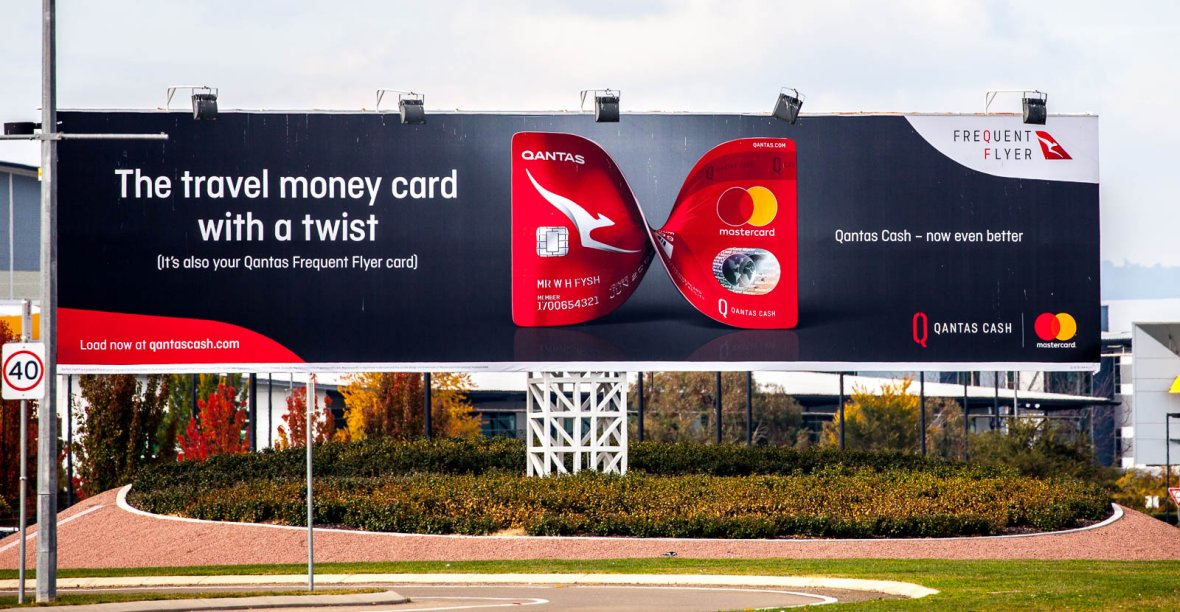
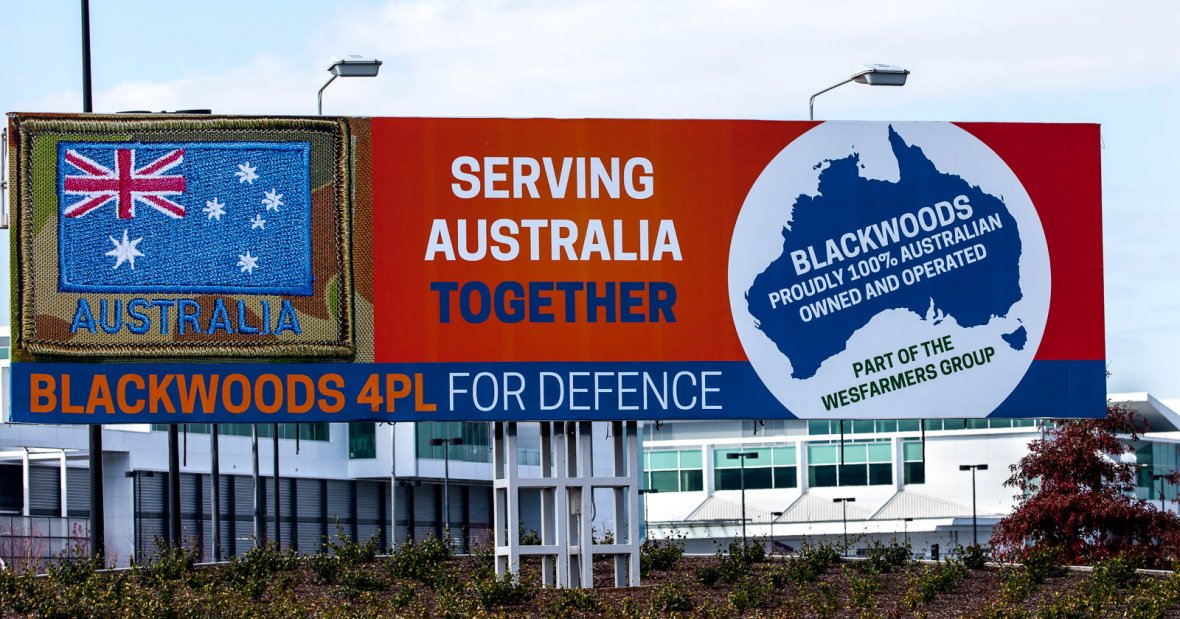
"If we are going to signal Canberra as an international gateway, that we are a modern, dynamic city, then people will expect to see advertising billboards creating a sense of arrival and activity."
"Australian and international companies will expect to advertise on billboards at the airport."
Stephen Byron, Capital Airport Group Director. Can you find any logic in his statements?
 |
 |
 |
 |
They have the skyline covered
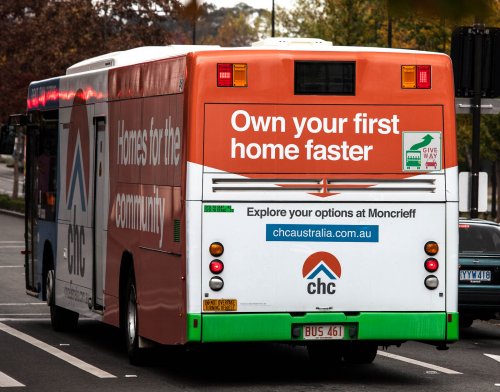 |
 Do we want to travel sandwiched between billboards? Do we rent out advertising space on our cars? Will our new trams become mobile billboards? |
 |
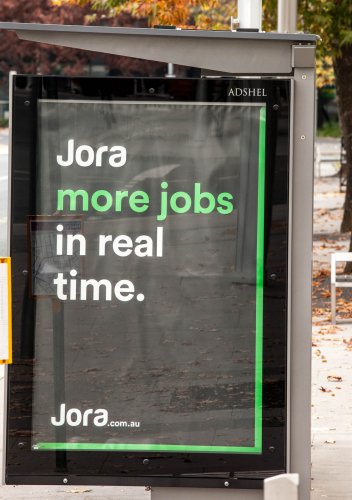 |
 |
And you can enjoy advertising while you're waiting for your bus
 |
 Mobile billboards |
 Not even a parking ticket! |
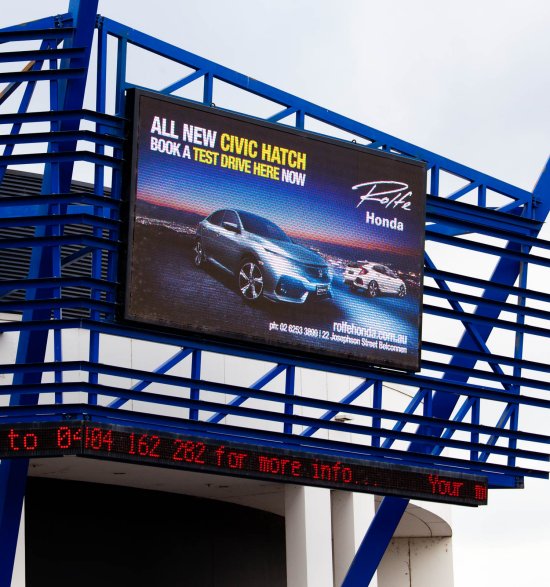 |
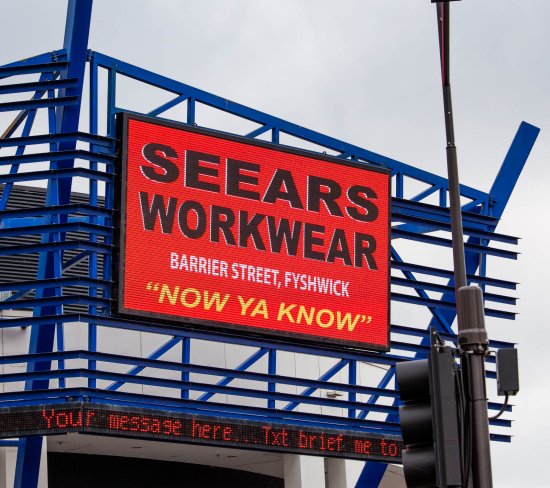 What we see on Constitution Avenue -- where we have spent millions in landscaping. And for "vibrance" you should see it at night! If you find it aesthetically pleasing, please tell us why. |
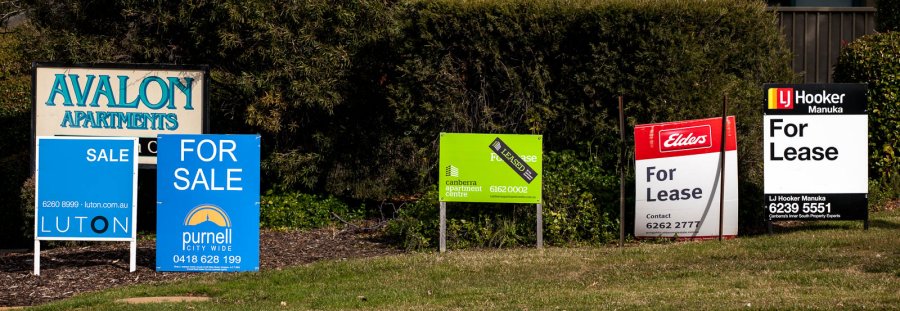
In case you miss it the first time.
 |
 Sydney and Melbourne Buildings |
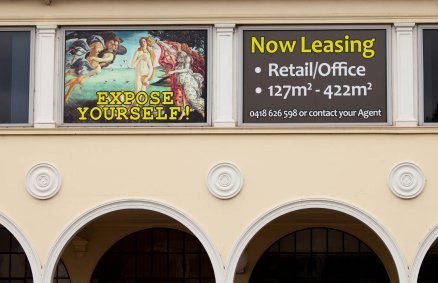 Who wants heritage when we can enjoy the vibrancy of outdoor advertising? |
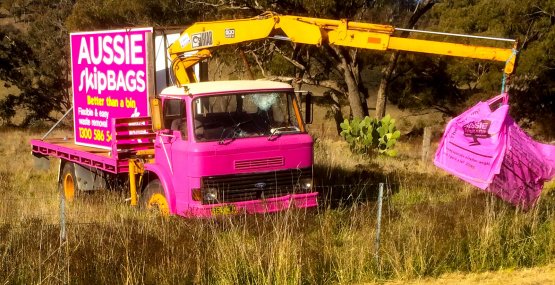 The bush capital needs more pink |
 |
 The illuminated sign helps Curtin residents find their liquor shop, in case they've forgotten or have missed the other 13 signs at this pub. |
 And in case RSL members forget their beer brands |
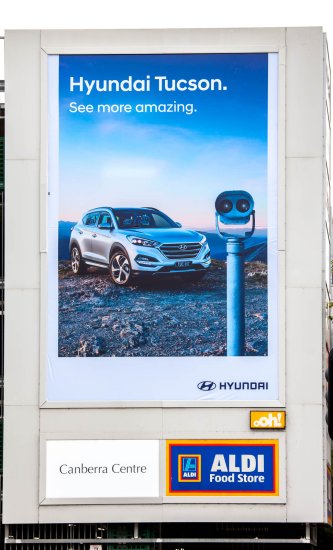 |
The Canberra Centre: "...it seems no
one checked whether the capital's biggest billboard ads were
legal ... The ACT government now says the advertising does not
comply with planning laws. Nor does the Environment and Planning
Directorate have any records of approving the signs." Markus Mannheim, Canberra Times 23 July 2014 |
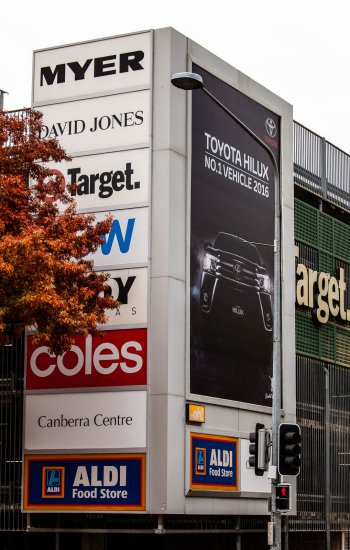 |
 |
 |
 |
 |
A city is much more vibrant when there are cute little signs to trip over

Their rear side is most appealing
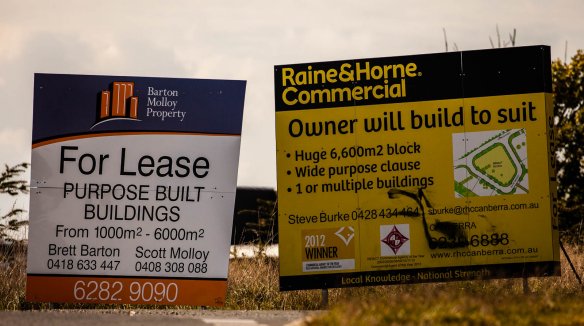 |
 |
They age gracefully



Isn't this website about billboards? What does graffiti vandalism have to do with billboards?
Everything. It's all about "tagging" public space. Showing contempt for what we share. Making you feel unwelcome. Assaulting your senses.
Those huge billboards, such as the ones at Canberra Airport and along Sydney's main roads, are tags We all know the firms and what they do. These billboards contain no information. We know about Qantas, Coles, Honda and their products -- we learn nothing more about these firms from billboards. Rather, they're about tagging public space.
How can we stop this assault on our public space?
You will hear the government saying that allowing billboards on our streets and advertising on our buses and bus shelters brings in public revenue. Without that revenue our rates and bus fares would be higher.
That's a pathetic and deceptive argument. Billboards aren't a "free" source of revenue: you pay for outdoor advertising, and you pay dearly. Last year companies spent $700 million on outdoor advertising, or about $70 per household, and only a small part of that goes to governments for licence fees. Most of the rest goes to the outdoor advertising firms including the big corporations oOH!Media and APN. That $700 million comes out of your pockets: every time you shop at a firm that uses outdoor advertising. It's like a sales tax. Without outdoor advertising we may have to pay a little more in rates and bus fares, but that cost would be more than offset by cheaper prices all around.
Remember that outdoor advertising is something corporations inflict on us. Ignore the rubbish about "vibrancy", and outdoor advertising being an essential aspect of a "modern,dynamic city". The businesspeople who write this rubbish do everything they can to live in a world without advertising. The VIP lounges in airports are as free of commercial promotion as a Carmelite monastery, as are the exclusive clubs for businesspeople.

You will hear the claim to restrict outdoor advertising is a restriction on
corporate freedom. Rubbish! People should enjoy the freedom to live in an uncluttered public space, where their senses aren't assaulted by advertising. Corporations aren't people. We pay to maintain our streets, roads and parks and we must protect them from those who try to take them from us.
Outdoor advertising spreads like a cancer, because once a few firms use it -- be it in the form of giant illuminated billboards or small portable signs -- others feel compelled to follow, lest they miss out. It becomes an arms race, and as in military arms races the only beneficiaries are the arms manufacturers -- the billboard companies. Far from helping businesses they only add to shoppers' confusion. Fyshwick is a prime example of such confusion: the sheer volume and variety of outdoor advertising makes it hard to locate any business. Civic is under a similar threat -- the Sydney and Melbourne buildings have already been trashed. Eventually shoppers abandon such precincts: they become too noisy, too cluttered, too stressful, with too many assaults on people's senses. They go elsewhere, or if a whole city is taken over they retreat to the peace and quiet of online shopping -- with their ad blockers activated,
Outdoor advertising is about enclosing public space -- trying to shape your life so that you come to live as a consumer in a market, rather than as a citizen in society.
You can do something about it, however.
Get on to your local politicians and let them know you want not only to stop the proliferation of outdoor advertising, but that you also want to see it rolled back.
Be assured that people dislike outdoor advertising. In a poll in 2018:
55% of respondents said they "disliked billboard advertising"; only 10% said they "liked billboard advertising;
69% agreed that "outdoor advertising reduces the quality of public spaces; only 21% disagreed;
51% agreed that "outdoor advertising in Canberra undermines our sense of community"; only36% disagreed;
only 22% agreed with the advertising industry's claim that "outdoor advertising has the potential to enliven urban areas"; 55% disagreed;
an overwhelming majority (78%) agreed that "the advertising-free environment of Canberra makes it more pleasant to live in than other bigger cities"; 14% disgreed.
The survey results are available in Excel format, with age and gender disaggregation.
Remember that outdoor advertising is designed to capture your attention. Make a note of who is using it, and shop somewhere else. Do you really want to patronise a business that shows such contempt for our environment as to use outdoor advertising? You may be pleasantly surprised to find that those firms which respect our environment also respect their customers.